Market Share
Beetroot Powder Market Share Analysis
Beetroot Powder Market has witnessed significant growth, driven by increasing consumer awareness of the health benefits associated with beetroot consumption. To establish and maintain a competitive edge in this market, companies employ various market share positioning strategies:
Product Differentiation: Companies focus on developing unique formulations of beetroot powder to differentiate their products from competitors. This may involve offering organic or non-GMO certified powders, introducing flavored varieties, or incorporating additional functional ingredients such as vitamins, minerals, or antioxidants. By offering innovative and value-added products, companies can attract health-conscious consumers and capture a larger share of the beetroot powder market.
Market Segmentation: Understanding the diverse needs and preferences of consumers is essential for effective market segmentation. Companies identify different consumer segments such as health enthusiasts, athletes, or individuals with specific dietary requirements, and tailor their marketing strategies accordingly. By offering products that cater to the unique needs of each segment, companies can maximize their market penetration and appeal to a broader customer base.
Brand Building and Marketing: Building a strong brand presence and implementing targeted marketing campaigns are essential for gaining visibility and recognition in the beetroot powder market. Companies invest in branding initiatives, social media marketing, and influencer partnerships to create awareness about their products and communicate their unique value proposition to consumers. By establishing a positive brand image and fostering consumer trust, companies can differentiate themselves from competitors and drive sales growth.
Quality Assurance and Transparency: Ensuring product quality and transparency is crucial for building consumer trust and loyalty. Companies implement stringent quality control measures and obtain certifications such as USDA organic or NSF International certification to guarantee the purity and safety of their beetroot powder products. Transparent labeling and clear information about sourcing, processing methods, and nutritional content help consumers make informed purchasing decisions and foster brand credibility.
Distribution Channels: Establishing a robust distribution network is essential for ensuring widespread availability of beetroot powder products. Companies partner with retailers, supermarkets, health food stores, and online platforms to expand their reach and make their products accessible to consumers across different regions. By optimizing distribution channels and ensuring efficient logistics, companies can increase product visibility and capture market share in both traditional and emerging markets.
Price Competitiveness and Value Proposition: While maintaining product quality and differentiation, companies also need to ensure that their pricing is competitive in the market. Offering competitive pricing strategies such as promotional discounts, bundle deals, or loyalty programs can help attract price-sensitive consumers and drive sales. Emphasizing the value proposition of beetroot powder products, such as their nutritional benefits, convenience, and versatility, can justify premium pricing and enhance perceived value among consumers.
Customer Engagement and Feedback: Engaging with customers and soliciting feedback is essential for understanding consumer preferences and refining product offerings. Companies utilize social media platforms, customer surveys, and product reviews to gather insights into consumer needs, preferences, and expectations. By listening to customer feedback and continuously improving their products based on consumer insights, companies can enhance customer satisfaction and loyalty, ultimately leading to increased market share.


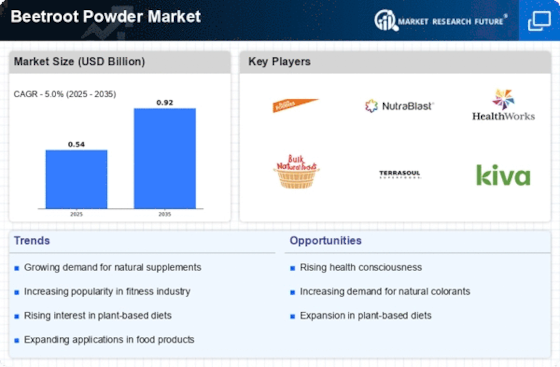
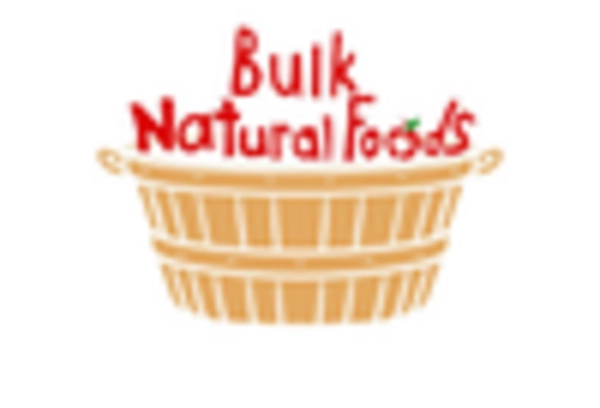

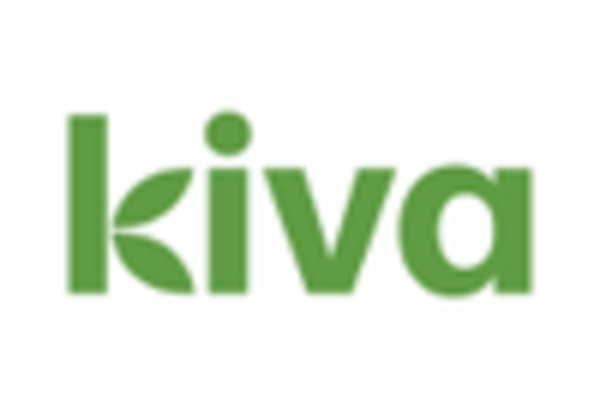
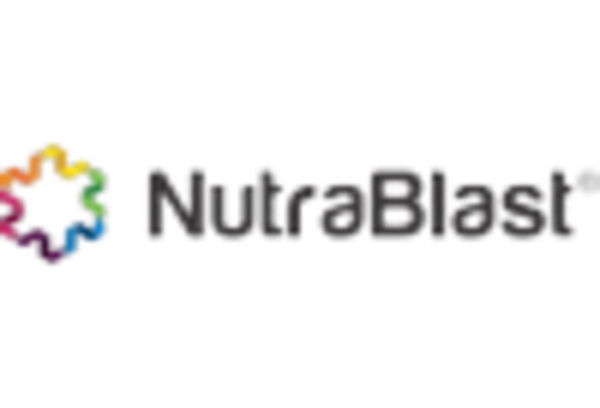

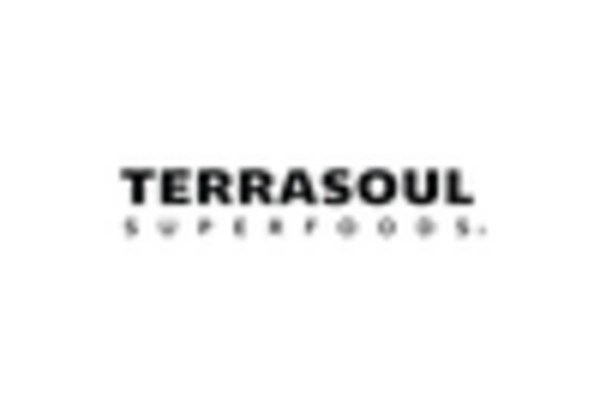









Leave a Comment